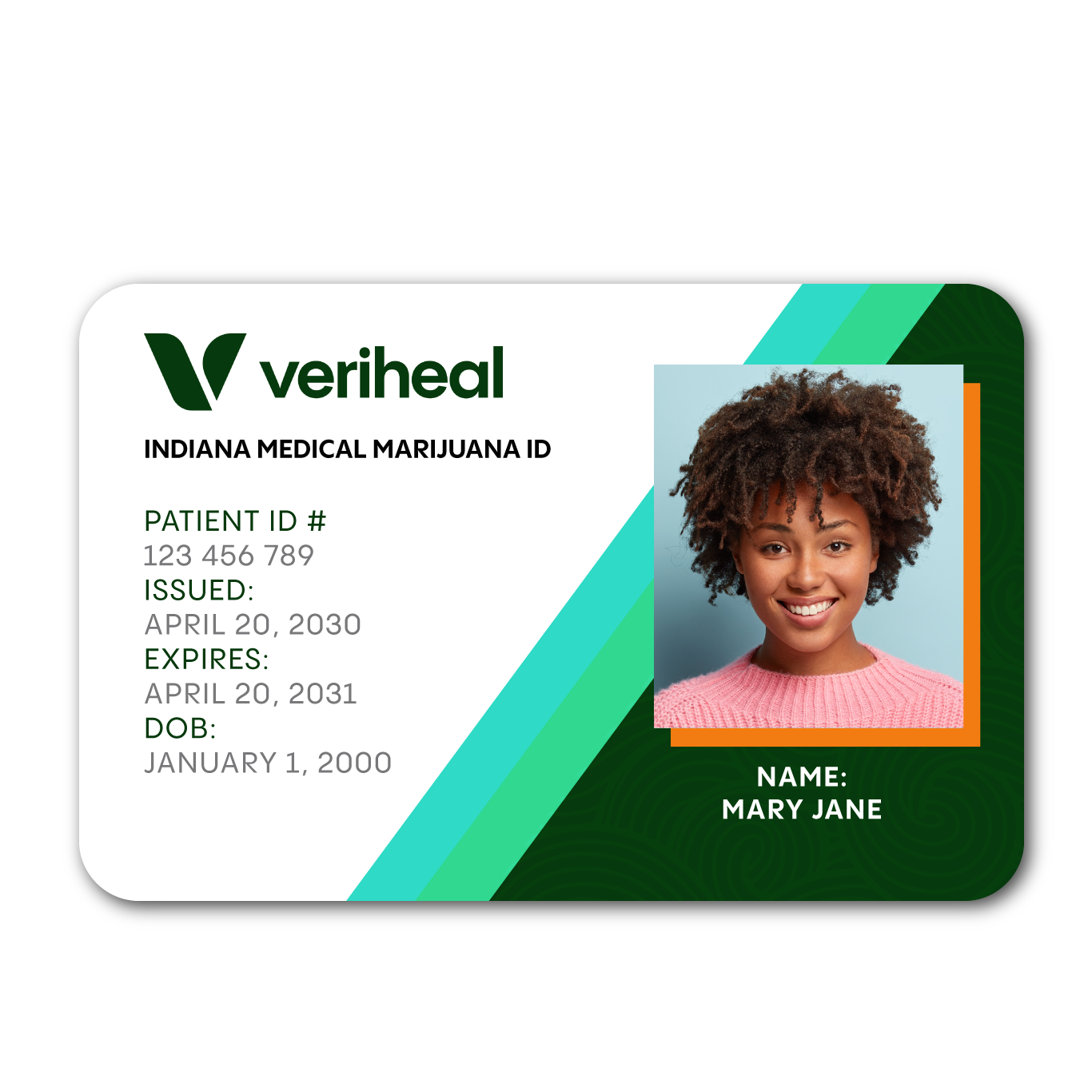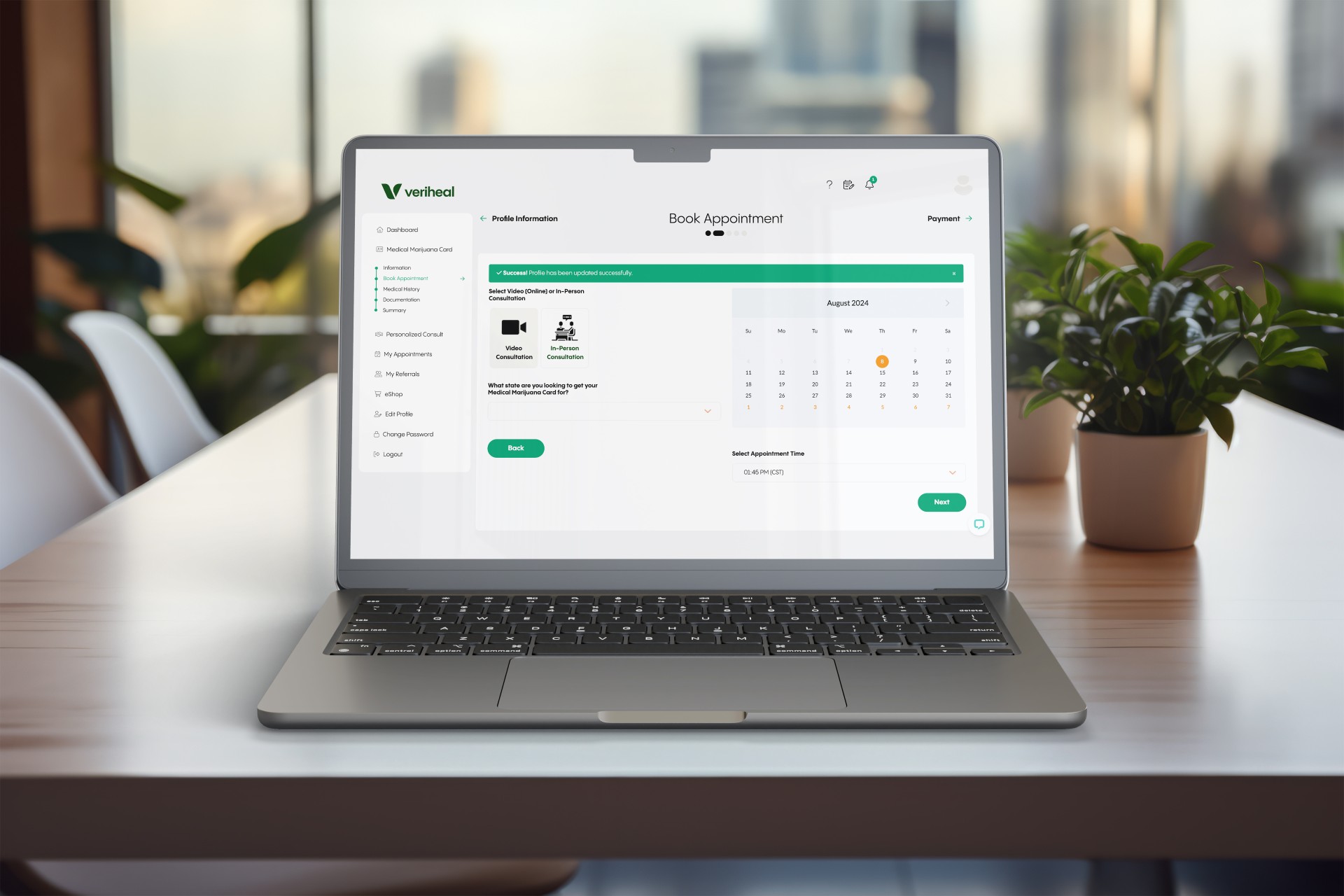Back
Let us be your cannabis companion. Explore lifestyle hacks, how-to guides, and the latest in cannabis news.
Applying for your medical marijuana card is easier than ever. Just book an appointment. Talk to a doctor. And get your card. Bing. Bam. Boom.
Your medical cannabis journey simplified: find partnered dispensaries, explore pricing options, earn rewards, and get answers to FAQs, all in one spot.







